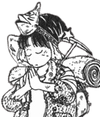Talking books | The Year I Met 70 People From a Dating Site and the Books I Recommended Them
Recommending a book about recommending books
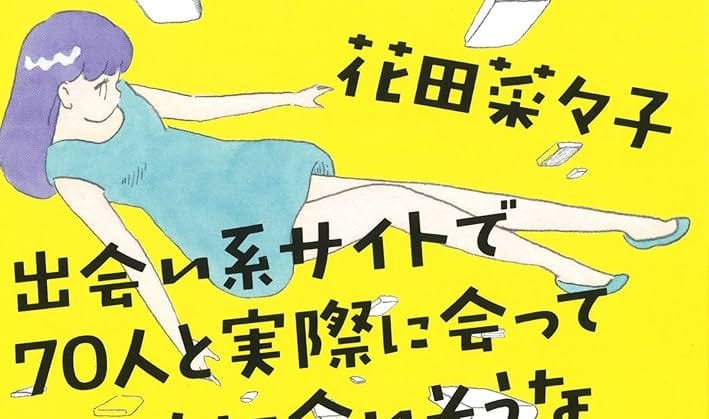
Is there a better feeling in the world than recommending a work of art—a movie, a book, a game, a song, anything—and having it hit? Think about it: a great meal? Who needs it. Sex? Haven’t had it. A deep, long-lasting relationship with somebody who truly understands you? Please stop making fun of me. Sure, the opposite can and does happen and you become trapped in the ultimate nightmare of insisting “it gets good soon,” while your friend looks on unimpressed at your favorite thing and your body becomes more sweat than skin, but when a recommendation works? Baby, it’s magic.
Not much gets to the heart of recommendations in the modern age quite as well as the specifically titled memoir, The Year I Met 70 People From a Dating Site and the Books I Recommended Them (at least, that's my translation of the original Japanese, Deaikei saito de 70nin to jissai ni atte sono hito ni aisouna hon wo susume-makutta 1nen no koto) by Nanako Hanada. Detailing a period of her life when her marriage was in a purgatorial state of potential divorce, the book follows Nanako as she moves into her own apartment in Tokyo and downloads an app ostensibly designed not for dating but for making friends. It’s a story as common as there ever was—who as an adult hasn’t felt alone and struggled with the impossibility of finding people?—but there’s one detail about Nanako that transforms what by all accounts should have been a one-off experiment with online matching into a defining stage of her life. She owns a bookstore.
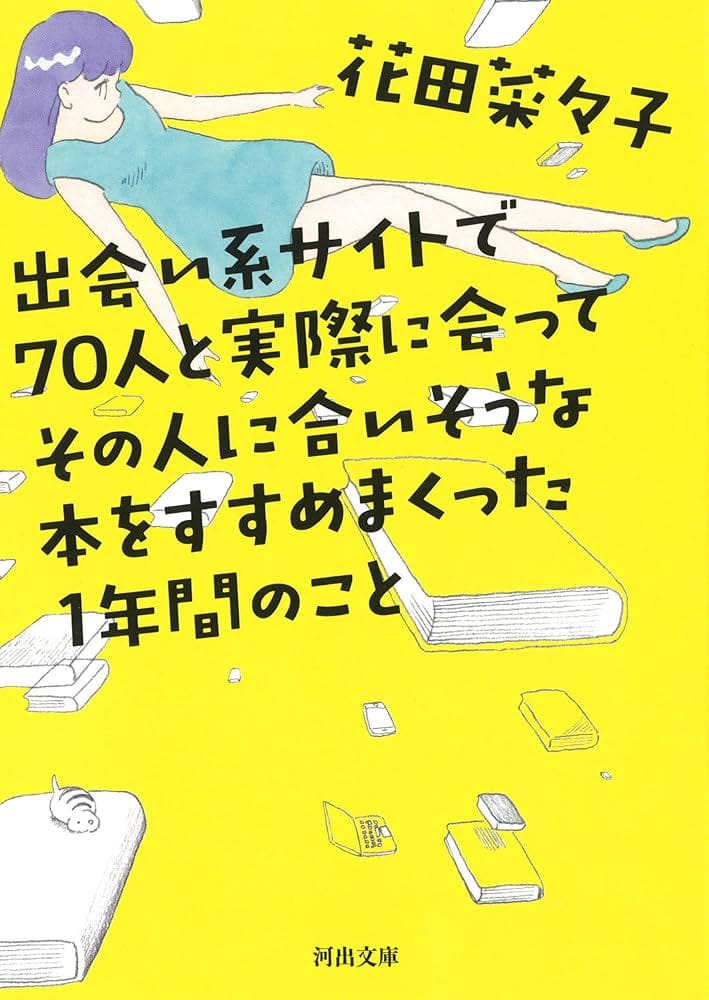
There’s a whole entire post to be made about Village Vanguard, the “book” store chain where Nanako is a manager. Like some sort of cramped weirdo haven, the stores—which are universally tucked away in malls and buildings you wouldn’t expect—are packed as densely with things as any store you’ll find; plushes and dolls and candy and ramen, pins and hats and acrylic stands and sex toys, bags, shirts, CDs, comics, posters, DVDs, body pillows, keyrings, stickers, canned drinks, and books books books. Each manager is allowed near complete freedom of their own store, encouraged to populate it with whatever products they see fit, resulting in busy celebrations of one person’s idiosyncratic interests. The Village Vanguard I visit for example, located in Sendai city, is the kind of place where you push through a wall of Hello Kitty and Friends plushes, all cute and smiling, to uncover a massive shrine with delicate handmade art dedicated to master ero-guro artist, Suehiro Maruo.
And though the stores have steadily softened and become more homogenized, more and more space dedicated to merchandise for popular anime thanks to the cruel reality that nobody is buying Maruo’s erotic explorations of violence, each is still a madhouse of discovery, a place of tightly stacked shelves that it turns into a labyrinth of consumerism. Make no mistake: no matter how small the store might be, you will get lost and you will miss some hidden cubby of delights.
This is the kind of place Nanako runs; a store at once necessarily niche and broad, unique and basic, one that turns consumerism into an identity and art into air. Her livelihood depends on maintaining a delicate balance of sharing her artistic loves and recognizing what people want. So she weaponizes that talent and makes a promise right on her profile: “I will recommend a book just for you.”

The art of recommendations is so delicate and complex. It’s incredibly easy for it to become a purely selfish act—a flaunting and goading, an excuse for I-told-you-so’s or personal validation. We recommend not so somebody can find something that matters to them, but for confirmation that we are correct, that what we think matters really does. I’m more guilty of it than anyone, and if you’re reading this then you know that all too well. I don’t so much recommend as I do ramble, suggestions turned into a silly pretext for word vomit. And god help you if you do take a rec and are forced to listen to me prattle off twenty other things you should get to next. How can I be expected to resist? How can anyone? But a good recommendation isn’t about you. It isn’t really about either people, at least not individually. It’s about all of you. It’s about connection and relationship and understanding and growth.
And at first, Nanako seems to be doing it exactly right. It doesn’t take long for her to become one of the top rated users on the app, which comes with leaderboards and ratings and comments—those things that have become a necessity for all interactions online. While it’s an app ostensibly for connection, the connection it really searches for is connection between user and product, person and company. The act of meeting another human being has become, in itself, a game of recommendations.
People seem to be rapidly vanishing from the internet in favor of bots and programs. With social media collapsing in 2023 after it successfully consumed blogs and forums and personal sites, the world wide web can seem like a lonely wasteland. Where once were people sharing their passion now are algorithms and AI carefully tuned to predict exactly what it is you want, and websites dedicated to aggressive SEO optimization that are always telling you that this anime “the best you’ve never seen,” or that “you need to watch this movie RIGHT NOW” without ever saying anything of actual value.
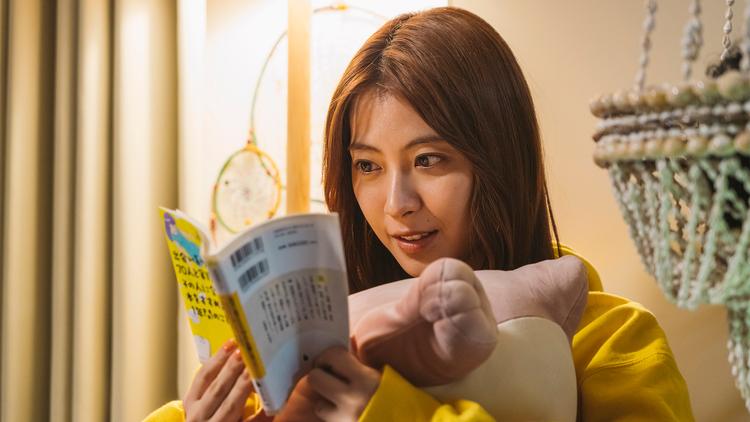
Sure, sometimes it works and the computer is right and that anime or movie really is that good, but even then, the art has become an isolated experience, potential connection (even if only one way) and deeper understanding denied at the earliest stage possible. It becomes content.
Of course, these same websites apps love to incentivize it all, gamify everything until all experiences have been abstracted to numbers. Nanako suffers from this the same way everyone does, the app successfully twisting her relationship with it and with the people she meets. She stops thinking of the people she meets as people but as an activity; she stops thinking deeply of another’s personality or lived experiences when choosing a book, instead viewing her recommendations as an almost flowchart like game in order to service the program: compete and optimize, rise in the leaderboards and pump those numbers.
They’re everywhere, those numbers. Numbers that are green and numbers that are red; numbers that are big and numbers that are small; numbers rendered as percentages, graphs, arrows; numbers broken down into even more numbers to describe numbers you don’t ever need to know. And every one of those numbers, each and every one, is a person and a view, as much as they try to disguise this. We’ve been trained to think “I only have 50 followers, this only got a hundred views” and believe it is nothing, believe that we are failures and unlovable. Defeated, we let the algorithm take over.
Over months and months and meeting on meeting, Nanako only meets seventy people. Seventy. That’s all. It’s hardly anything. It’s more than anyone could ever imagine. Some were scary, some were kind, some became the closest friends she’s ever had. They all changed her life.
At the end of the book, Nanako collects the recommendations she gave to the people she met, but she also includes a section of recommendations for the reader. Included with each is an explanation for why. I’ve read some of them and wishlisted a whole lot more. One, Fujiko F. Fujio’s manga Mojacko, has become one of my favorite comics of all time, a series I can constantly return to and deepen my relationship with—the kind of story that can get me through bad days and make good days all the better. I’m very thankful to her for that.
Music of the Week: Gorge Bricolage by Hanali

Essential release from the mythic and hypnotic mountain-climbing electronic genre "gorge" that has been hiding out in Japan for about a decade with other weirdo movements like poemcore, quietly extending its tendrils ever further out across the world. Sounds like going on a vision quest, but one where you're forever climbing up a wall of rocks, sun bearing down on your back, sweat soaking through your clothes. Lots of toms and repetition and samples chanting while the earth overtakes you.
Book of the Week: MW by Osamu Tezuka
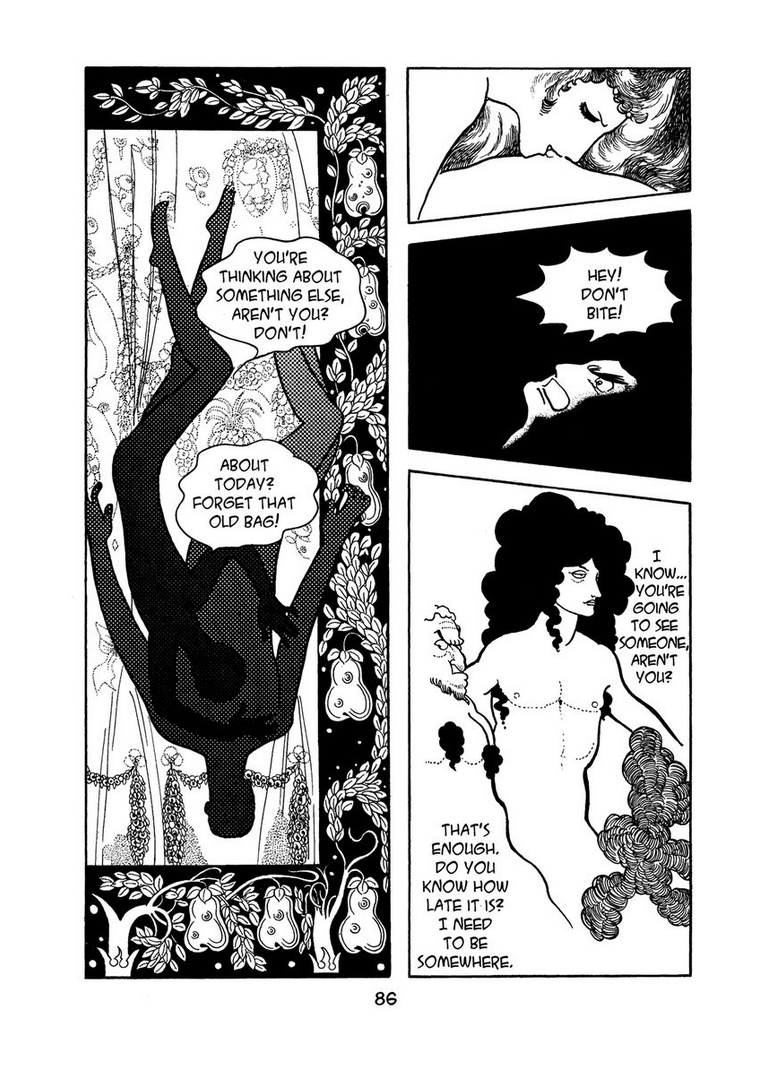
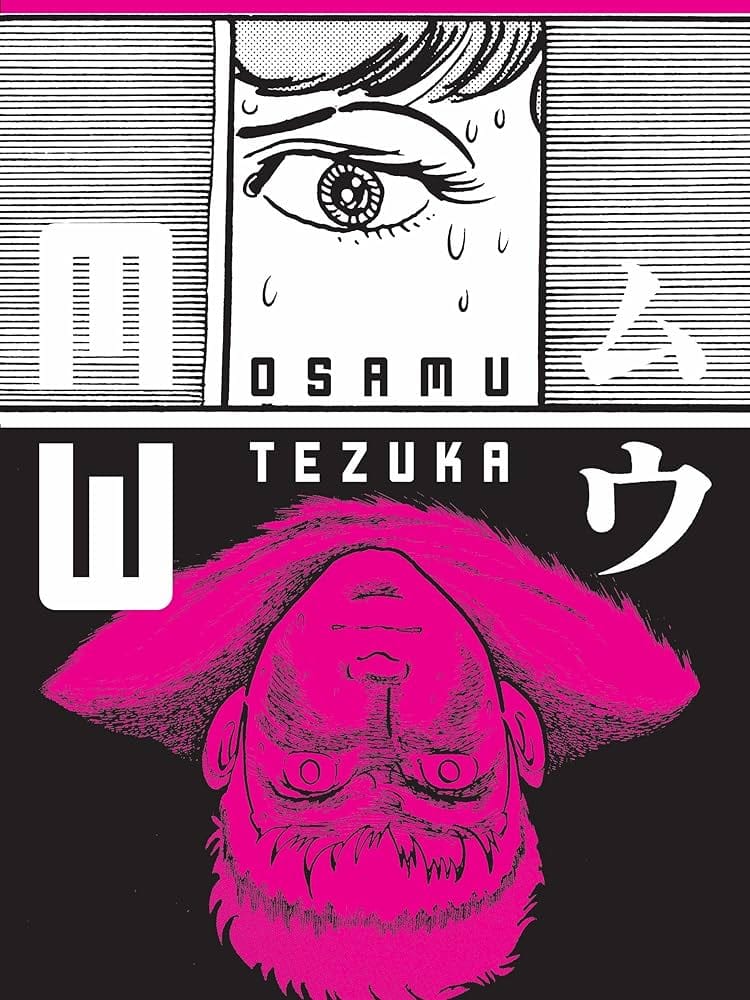
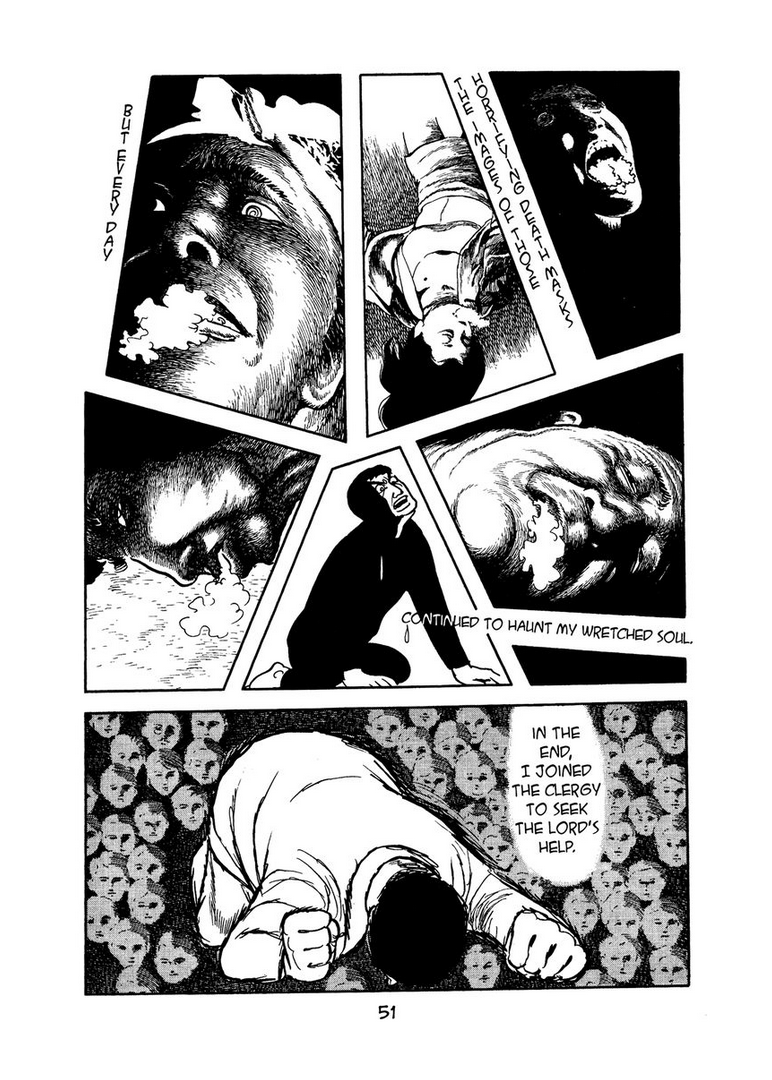
A priest, a murderer, an island, and a deadly chemical weapon; this vicious gekiga thriller of desire and vengeance is just one of the God of manga’s many masterpieces. Fiendishly readable despite the (very) dark depths it plummets into, there are a thousand ways to interpret and pick at the story told, most interesting to me perhaps being its status as a sort of response to the then emerging popularity of boys love comics. The relationship between the two main characters here is irresistible, equally about corruption and freedom, the men intertwining until neither can be picked apart as they fall into an abyss forced upon them. If you are still only familiar with Tezuka as the creator of Astro Boy, then you owe it to yourself to open this mean little series up.
Movie of the Week: Laura (dir. Shuji Terayama, 1974)
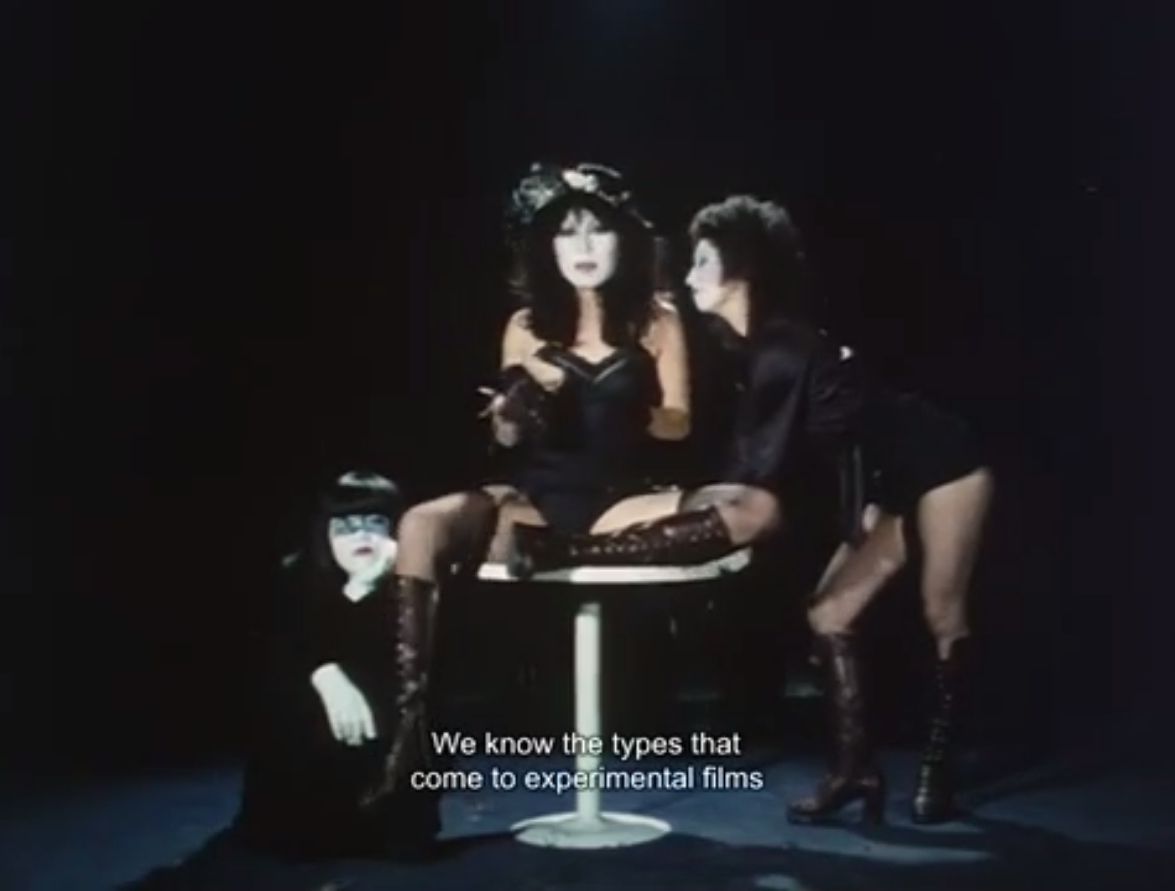
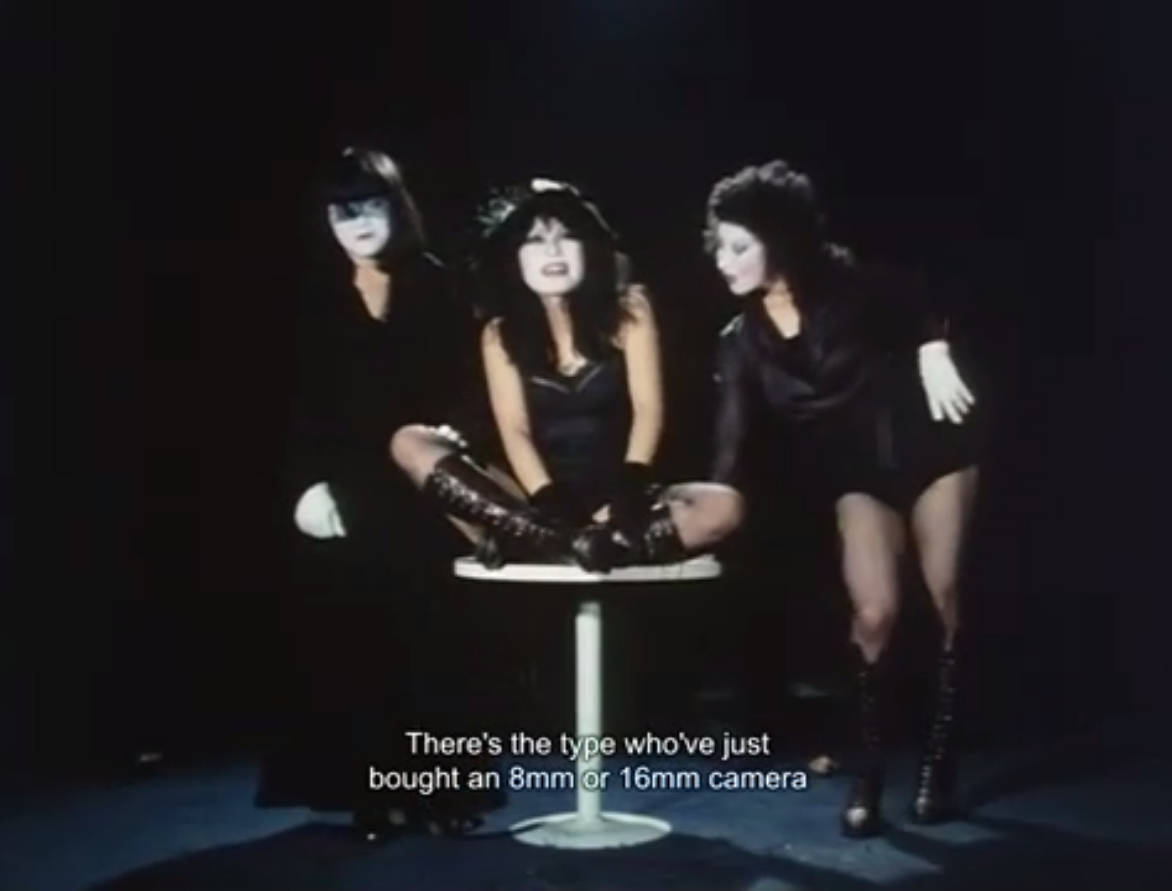
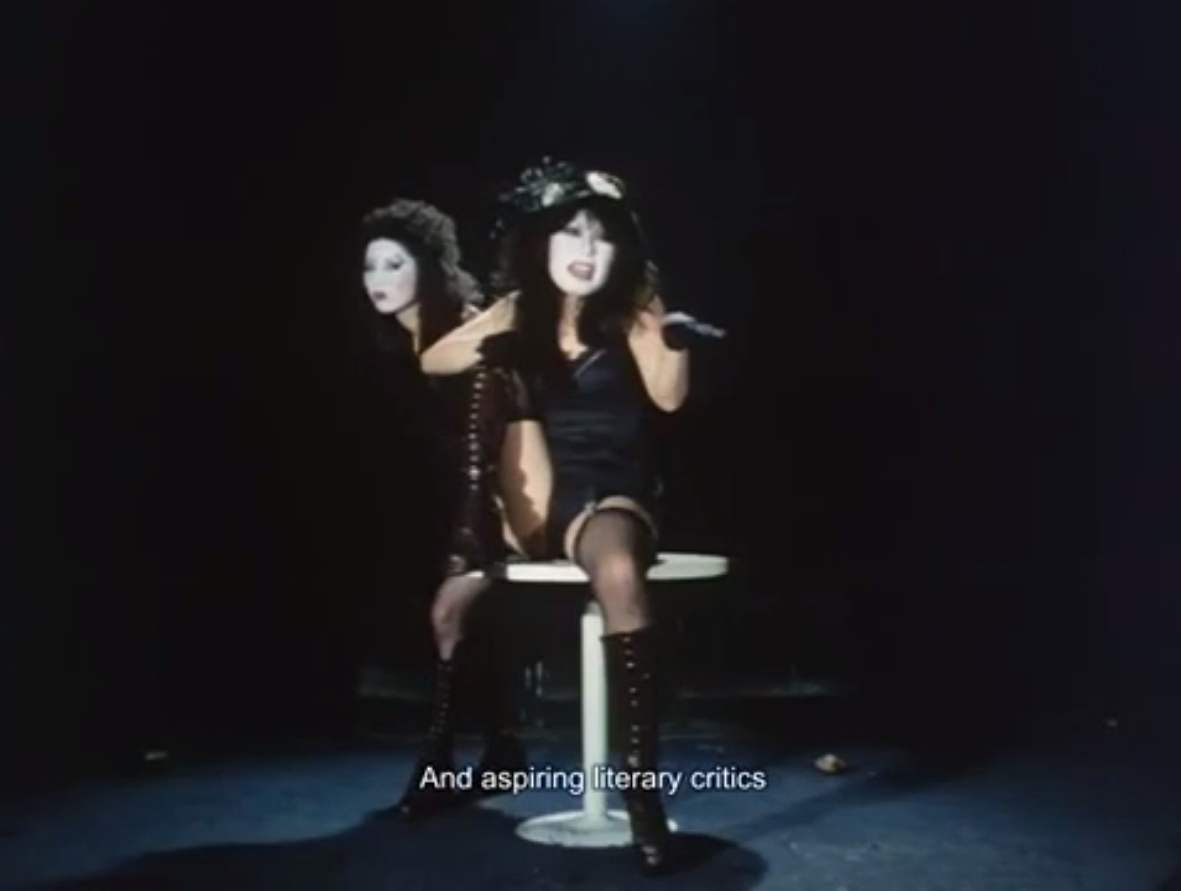
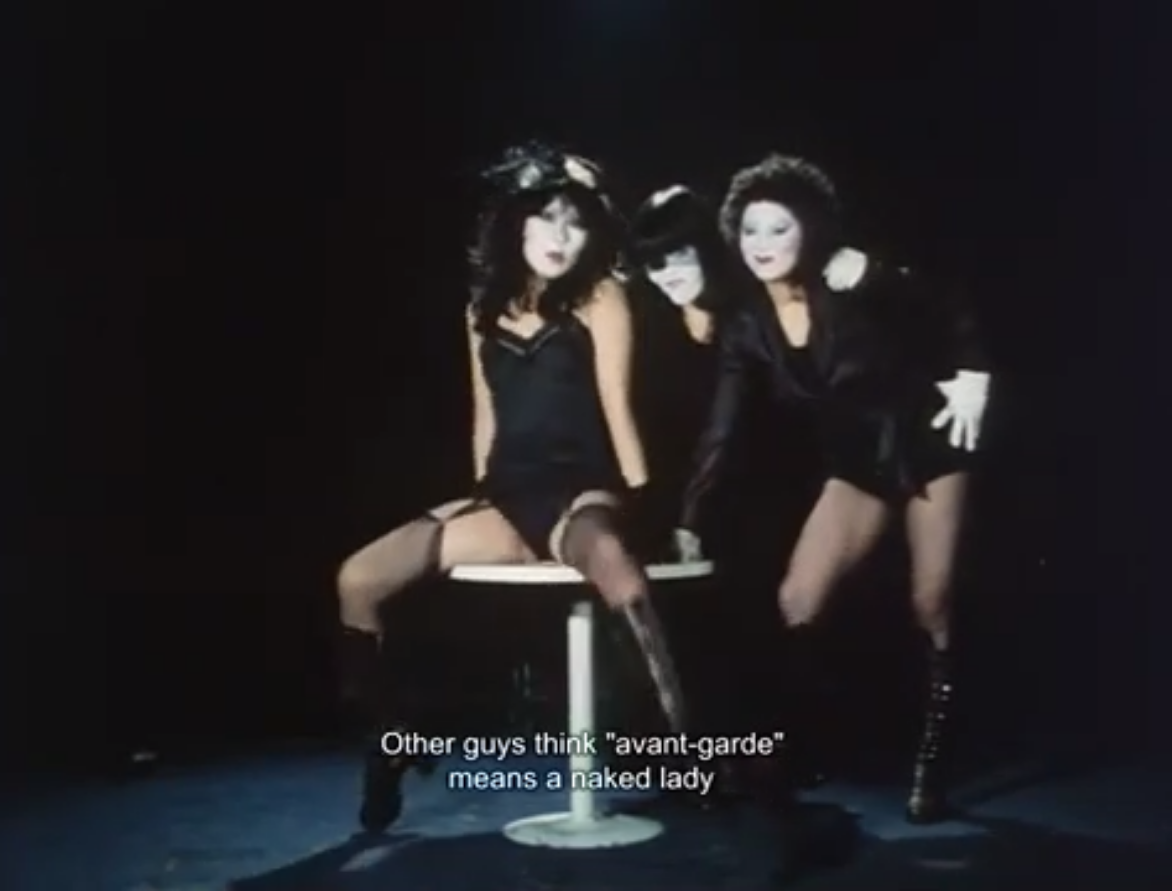
Three of the most Shuji Terayama looking ladies there have ever been sit on a stage and berate you, dear viewer, for being a pretentious misogynist idiot and using art as a tool of posturing and social capital. Then they drag a viewer from the audience into the film and assault them and laugh at them. Roll credits. Playful and mean and perfectly Terayama. A real attack on the worst movie fans you know (aka me).
oh and here's a breakdown of the current state of Japanese phone game preservation

